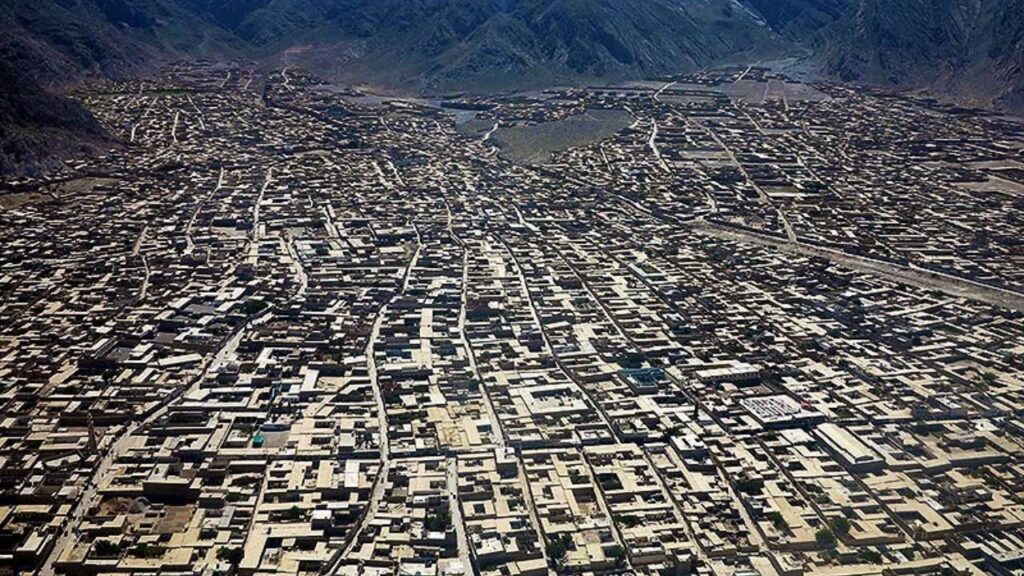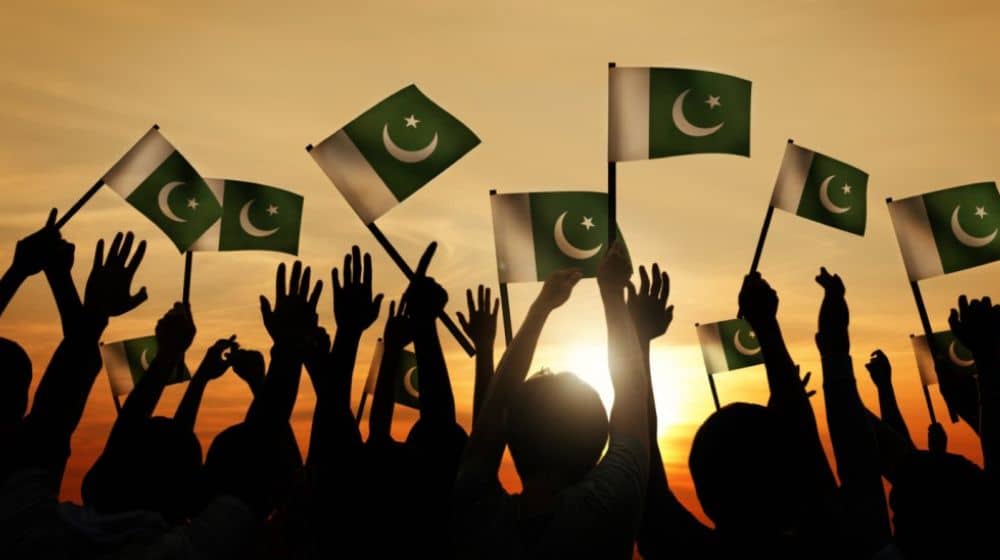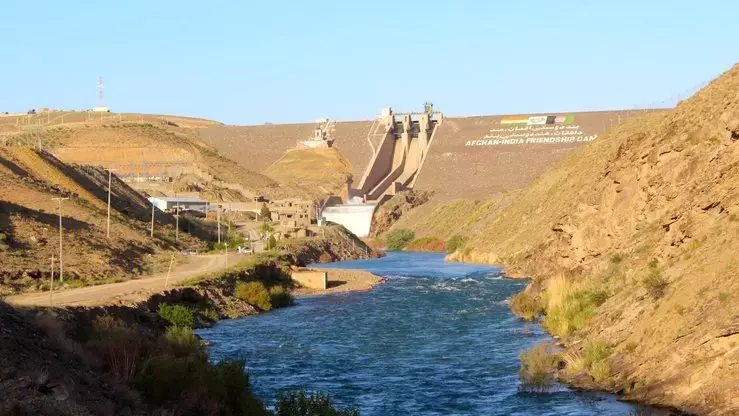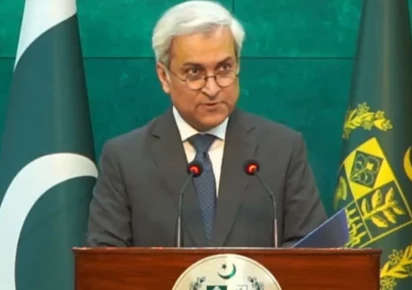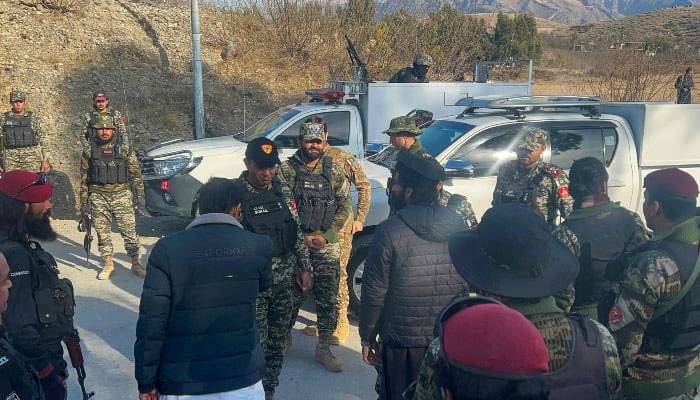The Baloch National Movement (BNM) has long presented itself as a political organization representing the interests of the Baloch people. However, a closer look at its actions, affiliations, and motives reveals a different story—one aligned more with promoting instability and serving foreign agendas than genuinely representing the aspirations of the Baloch population.
While the BNM markets itself as a “political” group, its ideological alignment with banned terrorist organizations such as the Baloch Liberation Army (BLA) and the Baloch Liberation Front (BLF) is undeniable. These outfits, known for their violent campaigns, have wreaked havoc on innocent communities in Balochistan.
BNM leaders, primarily operating from abroad, glorify acts of terrorism under the guise of resistance. Their rhetoric aligns with the interests of external forces like India, which have long sought to destabilize Pakistan by exploiting regional grievances. Meanwhile, the innocent people of Balochistan continue to suffer the tragic consequences of these terror campaigns.
The BNM’s activities are heavily influenced by foreign lobbies, with their protests in cities like Geneva and London funded and orchestrated by external sponsors rather than genuine grassroots support. If the BNM truly represented the people of Balochistan, it would engage with them directly, contest elections, and work from within Pakistan’s democratic framework. Instead, the group operates from the safety of foreign capitals, seeking international attention rather than addressing local challenges.
The BNM’s hypocrisy is glaring. While its leaders enjoy comfortable lives in Europe, they incite impoverished and vulnerable Baloch youth to take up arms, risking their lives in a futile struggle. The very leaders who advocate for violence ensure their own family members remain safe, often sending them overseas. This exploitation of misery for political mileage betrays the very people they claim to represent.
One of the BNM’s most telling contradictions is its opposition to development initiatives in Balochistan. Projects like the Gwadar Port, the China-Pakistan Economic Corridor (CPEC), the Reko Diq mining project, and the establishment of new universities offer tangible benefits to the people of the region. These initiatives challenge the BNM’s narrative of deprivation and oppression, providing opportunities for economic growth and education that directly benefit the Baloch population.
The BNM’s resistance to these projects exposes its true motives: preserving a narrative of chaos and anarchy that serves its foreign sponsors. Development undermines their agenda, which is why they resort to propaganda to disrupt these initiatives.
The BNM itself is far from the united front it claims to be. The organization is plagued by infighting, leadership disputes, and resignations, reducing it to little more than a fragmented lobby group. Its inability to maintain internal cohesion has further eroded its credibility, leaving it reliant on social media platforms like Twitter/X to stay relevant.
In an attempt to divert attention from these internal fractures, BNM leaders like Dr. Naseem have increasingly turned to lobbying European activists. However, this collaboration appears more like a desperate attempt by both sides to remain in the spotlight rather than a genuine effort to address real issues.
The BNM’s actions speak louder than its rhetoric. It is not a movement rooted in the interests of the Baloch people but a proxy for foreign-backed agendas that thrive on instability. By aligning itself with banned terrorist organizations, opposing development projects, and exploiting the vulnerabilities of the Baloch population, the BNM has betrayed its professed mission to uplift the region.
If the BNM truly wishes to represent the Baloch people, it must abandon its reliance on violence, foreign sponsorship, and propaganda. Instead, it should engage constructively with Pakistan’s democratic institutions and development initiatives, working toward a future where the people of Balochistan can thrive in peace and prosperity.
Author
-
The author is a commentator and analyst based in Islamabad. He writes about national security and regional affairs.
View all posts

